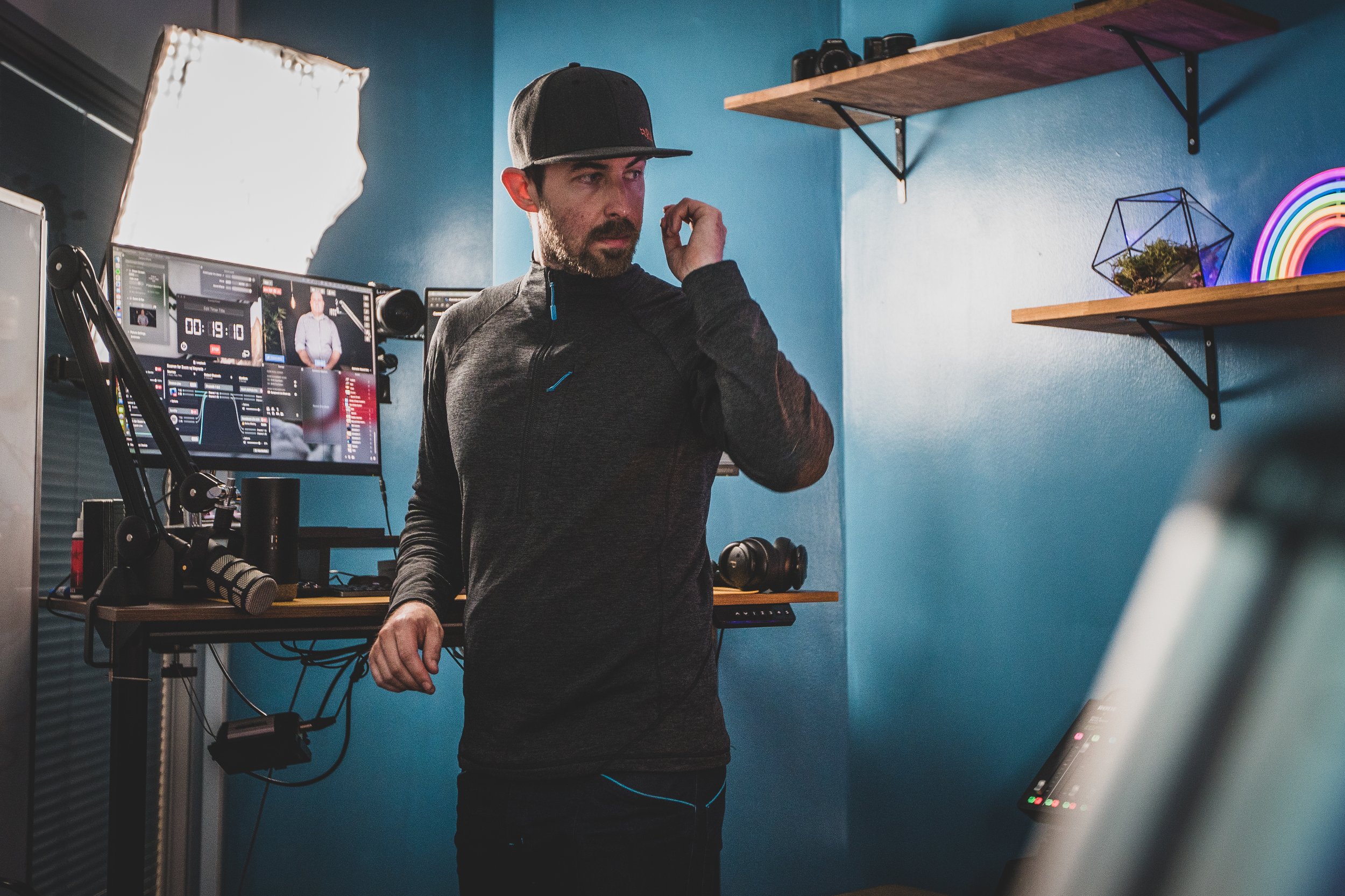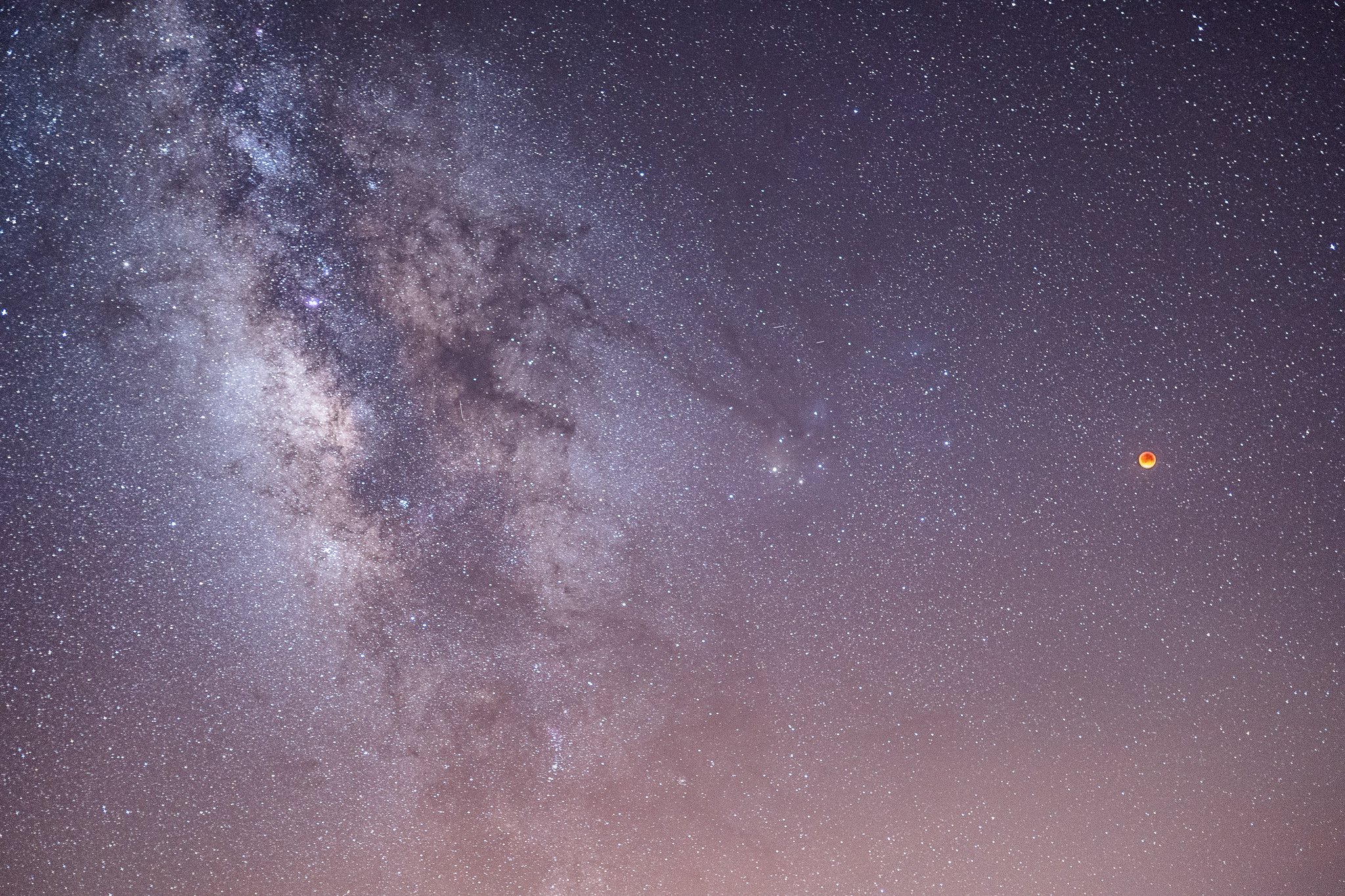
Digital Media Training for Science Students and Researchers looking to use media in their research and field work.
Our courses vary in length from 1/2 day to 2 days. They are designed to help students and researchers generate media from their science to use online, for grant proposals, presentations, and to help tell their science stories.
Photography for Fieldwork.
Capturing fieldwork through photography is an important part of the work we do in the field. This 1 day workshop is designed to get researchers and students using cameras better to document field work and bring back content for presentations, social media, but also to help illustrate the science within papers and at conferences.
Filmmaking for Fieldwork.
This 2 day course helps students and researchers create more stories from the field. Video content is great for presentations but also when pitching for new grants, and potential collaborations.
We cover video generation and how to use cameras, simple storytelling techniques as well as video editing.
The cost of this course includes lifetime licenses for all participants for Filmora Video Editing software.
Drones for Fieldwork
Getting a new perspective on your research site is always interesting. Whether you’re looking for new rock formations or for ocean species, drones can be a great tool for helping create media in your science.
But there are more and more legal and ethical implications of using drones in the UK and abroad. In this 1 day course we cover the use of drones, where and how you’re allowed to use them, and the best courses to attend to do that safely and legally.
Drones for 3D mapping and science.
Drones are now being utilised for more than just photography and filming. With new software we can create intricate 3D models of large areas. 3D modelling can also highlight vegetation accumulation or damage, and volumetric data of formations.
Universities can now create virtual field trips for students using interactive 3D field sites and rock formations. Allowing students to interact with a location or scout a location before going on a practical field trip.
Podcasting for Researchers.
This 1 day course helps researchers and students get to grips with the ins and outs of podcasting.
Whether its for academics to appear on other peoples podcasts or to start one of their own, this introduction workshop shows the basic knowledge of the technical side to podcasting and also how to talk on a podcast.
Photography for Lab Work.
This 1/2 day course is a great add on to our photography course. Adding in extra techniques of indoor photography and macro photography specifically for lab work, this allows students and researchers to get clearer photos of their work for conferences and papers.
Astrophotography for Physics and Astronomy.
Photographing the night sky is a skill set in itself. This course is a 2 day workshop on how to create astrophotography. Starting with a 1/2 day course on photography and the theory of astrophotography, 1 evening workshop under the stars, and then a 1/2 day editing session too.
We also offer a bolt on session after this session looking at deep sky astrophotography using star trackers and telescopes for astronomy and astrophysics courses.
Timelapsing for Physics and Astronomy.
The Earth rotates relatively quickly. Catching that rotation in the night sky requires time lapse photography. Stitching a series of images together throughout the night shows the Earth’s rotation and how the stars move through our sky. This is a 1 day and 1 night bolt on session to Astrophotography session where we timelapse the night sky and look at how we create a video from our images.
Wildlife Photography for Biology, Ecology and Conservation.
Wildlife photography is an essential part of biological sciences. Whether it’s photographing human-wildlife conflict, wildlife in it’s natural habitat, or simply documenting species. In this 1 day workshop we look at the settings, cameras and skills required to document wildlife.
We also offer a bolt on session for this to local wildlife areas or wildlife parks to practice in the field.
Macro Photography for Biology, Ecology and Conservation.
Macro photography requires specific lenses and skills to do well. In this 1/2 day bolt on to the photography fieldwork course, we look at how to photograph flora and fauna at the smallest scale.
Light Boxing for Biology, Ecology and Conservation.
An important part of biological sciences is documenting the species we encounter. One of the best ways of doing that is using a light box. A mixture of techniques is used to create light box images. We look at all of them in this 1 day photography course.











